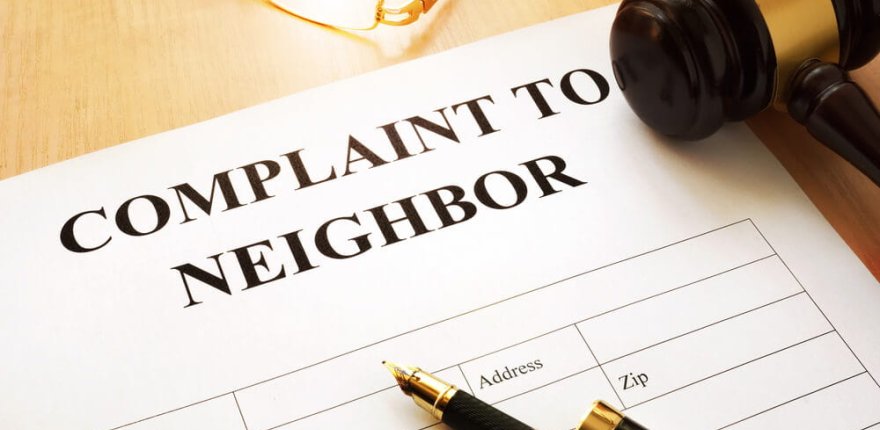Eviction does not happen immediately in the United States for anything not criminal or dangerous. A noise complaint may cause a verbal or tenant noise complaint letter for the tenant.
Homeowner's associations (HOAs) or landlords may also pass along letters or fines to a tenant. Because it's a minor issue in terms of complaints and lease violations, it would be nearly impossible for the landlord to take any further action in response to a single breach of contract.
Multiple instances of disturbing the quiet enjoyment of your neighbors' homes would be different. To be safe, double-check your lease and state landlord-tenant laws for eviction reasons. Aside from that, landlords cannot evict tenants on their own. A judge must issue eviction orders, and the landlord must first serve a notice of intent to evict or eject the tenant.
If the tenant's response does not guarantee that the incident will not happen again, the landlord can file a complaint with the court and request a hearing to consider an eviction notice.
What Constitutes a Noise Disturbance?
The United States Environmental Protection Agency (EPA) set the average exposure limit to environmental noise at 70 decibels (dB) over 24 hours (75 dB over 8 hours) in a 1974 report.
According to the researchers, the highest average levels of noise that will allow spoken conversation, sleeping, working, and recreation are 55 dB outdoors and 45 dB indoors. These are average values, not maximum values.
These restrictions are not a rule or a regulation. Instead, they provide state and local governments with the essential information to set their standards.


